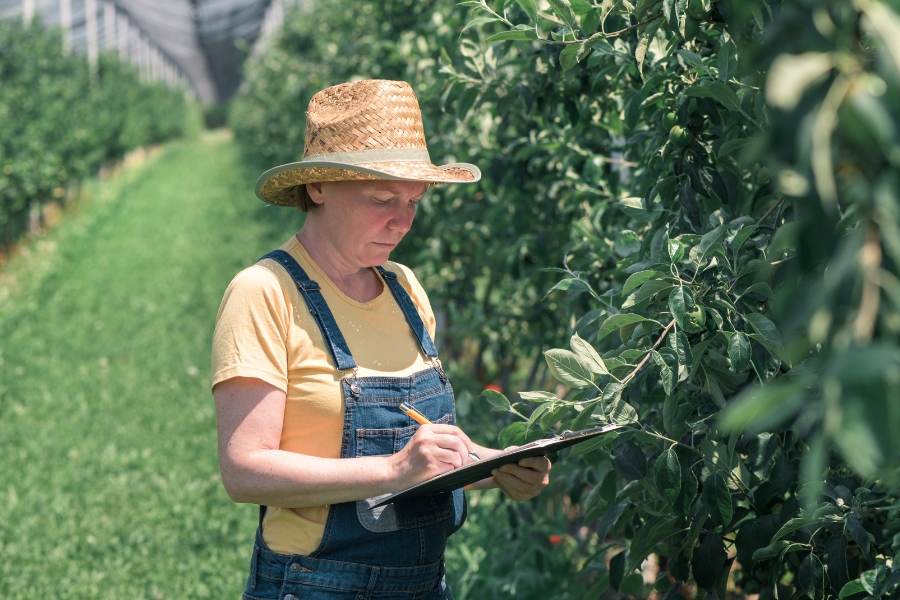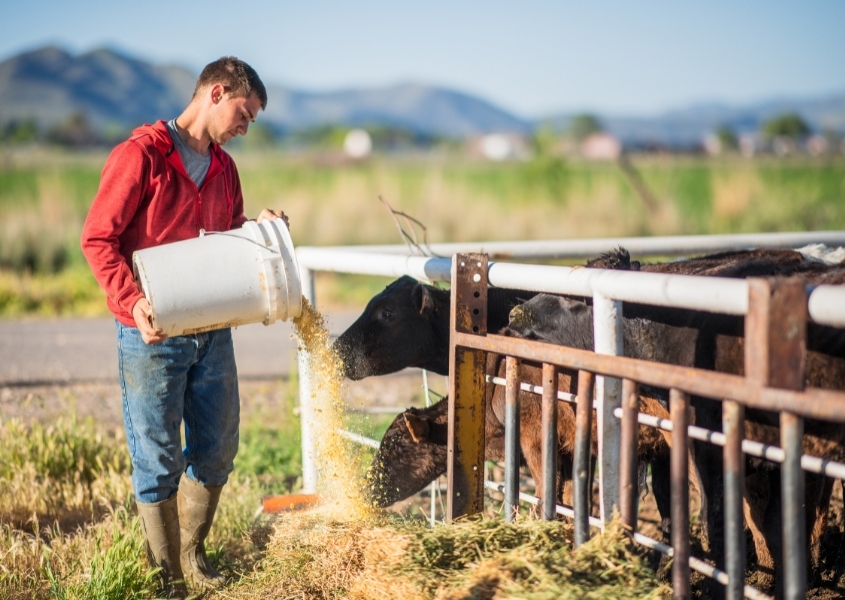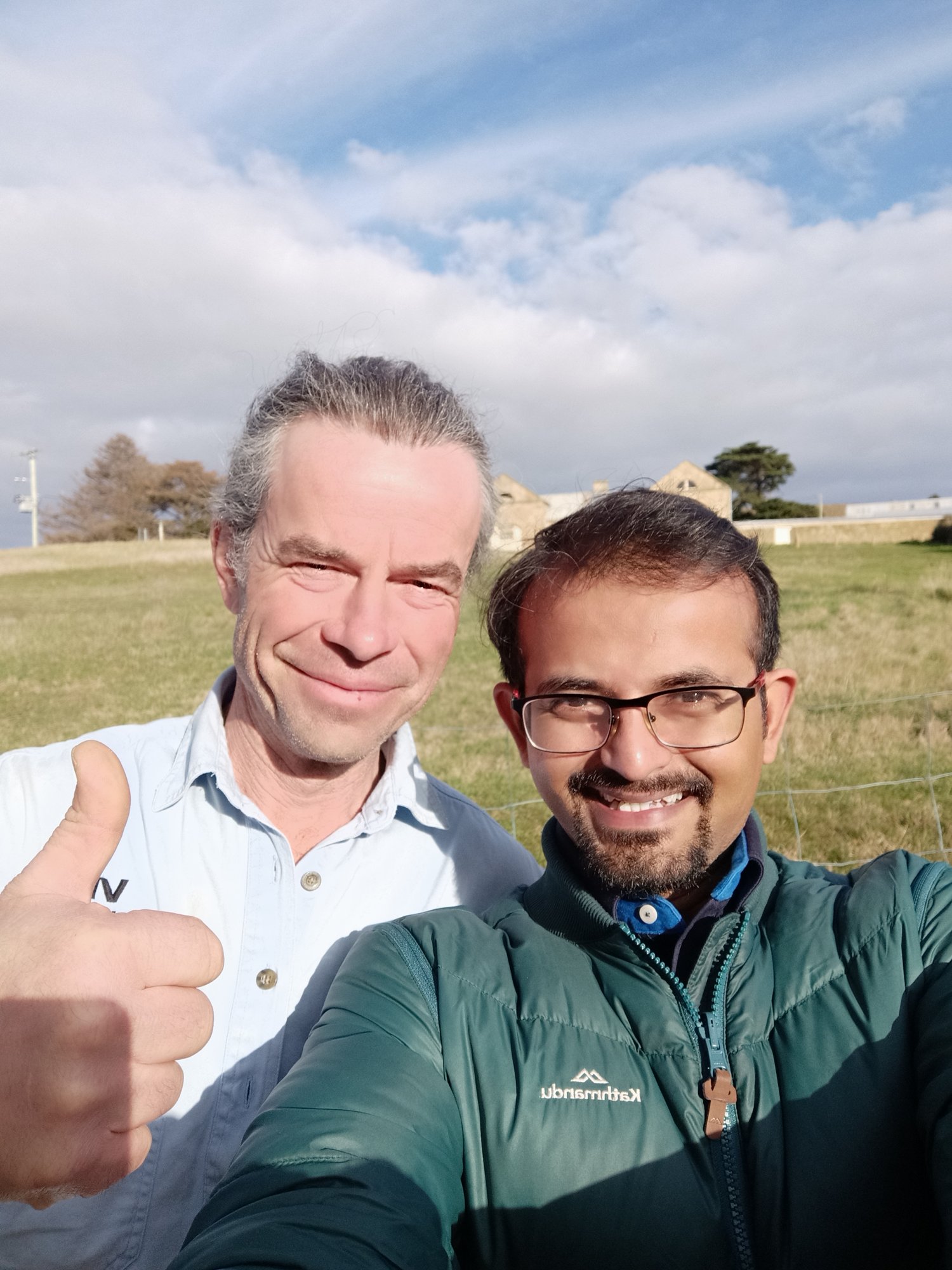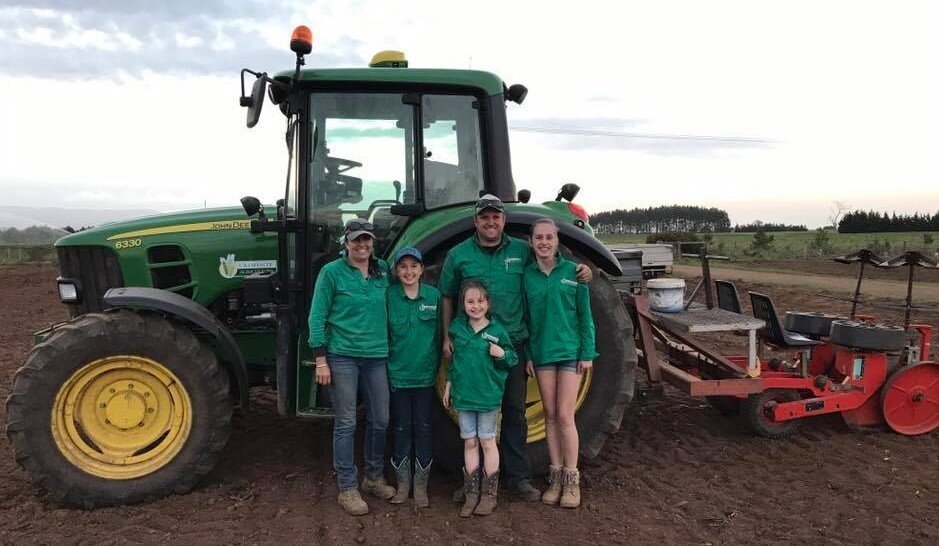Let’s be honest. Overcoming procrastination isn’t just about productivity—it’s about shifting a mindset trap. And for many farmers I work with, it’s the silent thief of time, progress, and peace of mind. But what if you could move forward not with pressure, but with purpose?
Through my personal journey and over 6,000 hours of coaching farmers across Australia, I’ve come to see procrastination as a tiered journey. Understanding where you are in this journey can unlock the next small, but meaningful step forward. One tier at a time.
The 5 Tiers of Overcoming Procrastination
At Enable Ag, we don’t believe in quick fixes or one-size-fits-all hacks. Real transformation happens when we recognise that procrastination is not a character flaw—it’s a process. And like any process, it can be understood, unpacked, and improved one layer at a time.
That’s why we’ve developed the 5-Tier Model of Overcoming Procrastination—a step-by-step framework grounded in real-world farming experience and behaviour change psychology.
Each tier represents a stage in your personal productivity journey—from reactive behaviour to purposeful action. Whether you’re buried in admin backlog or already planning ahead with clarity, this model gives you a roadmap to climb your next rung—with confidence, not overwhelm.
No need to leap five levels overnight. Just focus on your next tier up.
Let’s explore what each tier looks like—and how to move forward from wherever you stand today.
Tier 1: Reactive Procrastination – “I’ll Get to It… Eventually”
Reality Check: You delay tasks until the last minute. You wait for deadlines. Pressure from others is your primary motivator. And when things don’t get done? There’s usually a “good” reason.
Traits:
- Constant firefighting
- Blaming circumstances (weather, suppliers, tech)
- No proactive planning
- 80% of new clients start here (and yes, even I still dip into this tier now and then)
Path Forward: Awareness. That’s it. Begin by simply admitting that this is where you’re at.
Tier 2: Awareness & External Accountability – “I Know I Delay… But I Need a Push”
Here’s where growth begins. You start recognising your procrastination patterns and want to change. But motivation is still patchy and depends on external check-ins.
Traits:
- Basic tools: to-do lists, reminders (used inconsistently)
- External motivation (Enable Ag’s weekly coaching & accountability works wonders here)
- Attempting to “force” motivation
Enable Ag’s Role: We act as your gentle push. With structured support and short, focused sessions, we help move you from crisis management to control.
Tier 3: Emotional Awareness & Strategy – “I Understand Why I Avoid Things”
This is where real breakthroughs happen. You begin to see the emotional drivers behind procrastination—fear, fatigue, or perfectionism. Now, you respond with strategy, not shame.
Traits:
- Chunking big tasks into smaller ones
- Using timers or environment changes to get started
- More consistent self-initiated action
Enable Ag Bonus: Clients at this stage start leveraging our Learning Portal to revisit courses on demand. They shift from needing hand-holding to taking the lead.
Tier 4: Reflection & Habits – “I’ve Got Systems That Work for Me”
Welcome to the proactive farmer’s mindset. You plan. You journal. You reflect. You don’t just “manage” time—you own it.
Traits:
- Weekly planning becomes second nature
- Journaling as a tool for course correction
- Consistent habits replace emotional distractions
- Systems like Enable Ag’s Habits Formation and Weekly Planning Course drive progress
You’re not perfect—but you’re in motion. This is where farmers begin enjoying not just more time, but more clarity.
Tier 5: Inner Alignment & Self-Sustaining Systems – “I Run My Day. My Day Doesn’t Run Me.”
Few reach this level—and that’s okay. It’s not a race. This is where simplicity meets clarity. You act from purpose, not pressure. Systems are so simple, they stick.
Traits:
- Purpose-aligned decisions, even when things get hard
- Action is sustained, not reactive
- Simple systems: fridge checklists, meal plans, visual task charts for the kids
- Inner clarity > external motivation
What It Feels Like: Peace. Ownership. Flow. The farm doesn’t control you—you’re steering it with intention.
What If You’re Closer Than You Think?
You don’t need to overhaul your life to feel in control again. Sometimes, it’s as simple as printing a checklist, blocking 30 minutes of quiet time, or deciding your week before it begins.
The truth is—every farmer I’ve coached who made it to Tier 5 didn’t start with more time or better tools. They started with one decision: to try something different.
Progress isn’t about intensity—it’s about consistency.
Whether it’s setting your alarm 15 minutes earlier or finally printing that weekly planner… those “small” steps are what build real freedom.
So instead of asking “How do I fix it all?”, try asking:
“What’s one thing I could do this week to lead my time—not chase it?”
Because when you shift from reacting to leading, your entire farm feels the difference.
Download the Overcoming Procrastination: Your Tiered Progress Tracker
We’ve created a handout you can print, tick, and reflect on. Identify where you sit today—and where you want to be next. Great for your fridge, your desk, or to review with your coach.
Download it here.

Ready to Move Up a Tier?
This isn’t about perfection. It’s about progress. One rung at a time. So don’t try to leap from Tier 1 to Tier 5. Ask yourself this: “What’s the next tier I can realistically step into over the next 6 weeks?”
Need support mapping your journey? Book a 15-minute Discovery Call and we’ll figure it out together.
If you found this article helpful, share it with your network to help others unlock their farming potential. Don’t forget to like and follow us on social media for more insightful tips: Facebook, Instagram, and LinkedIn. Let’s empower more farmers together!

 Enable Ag
Enable Ag Enable Ag
Enable Ag
 Enable Ag
Enable Ag
 Enable Ag
Enable Ag

 Enable Ag
Enable Ag Enable Ag
Enable Ag
 Enable Ag
Enable Ag



